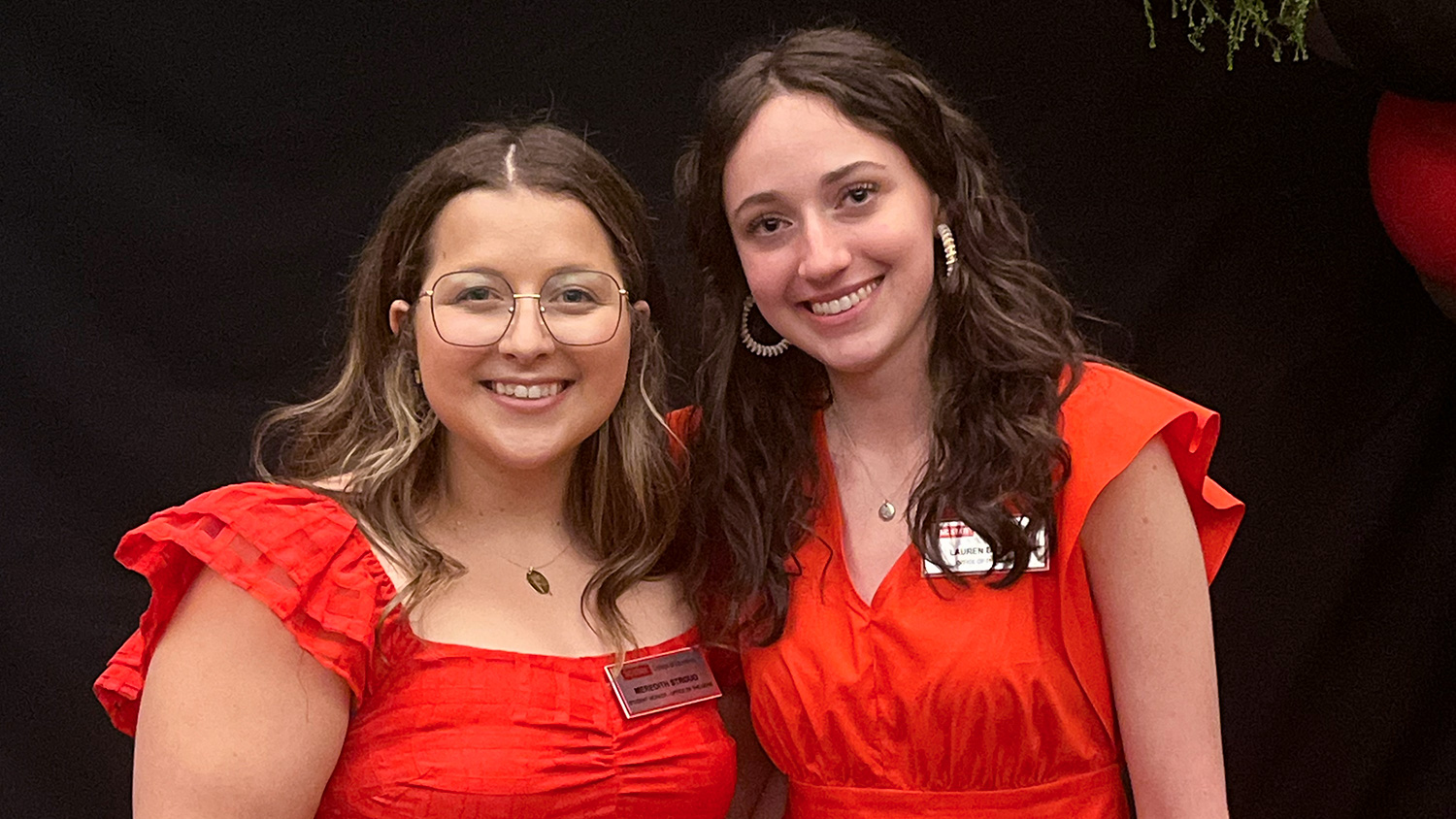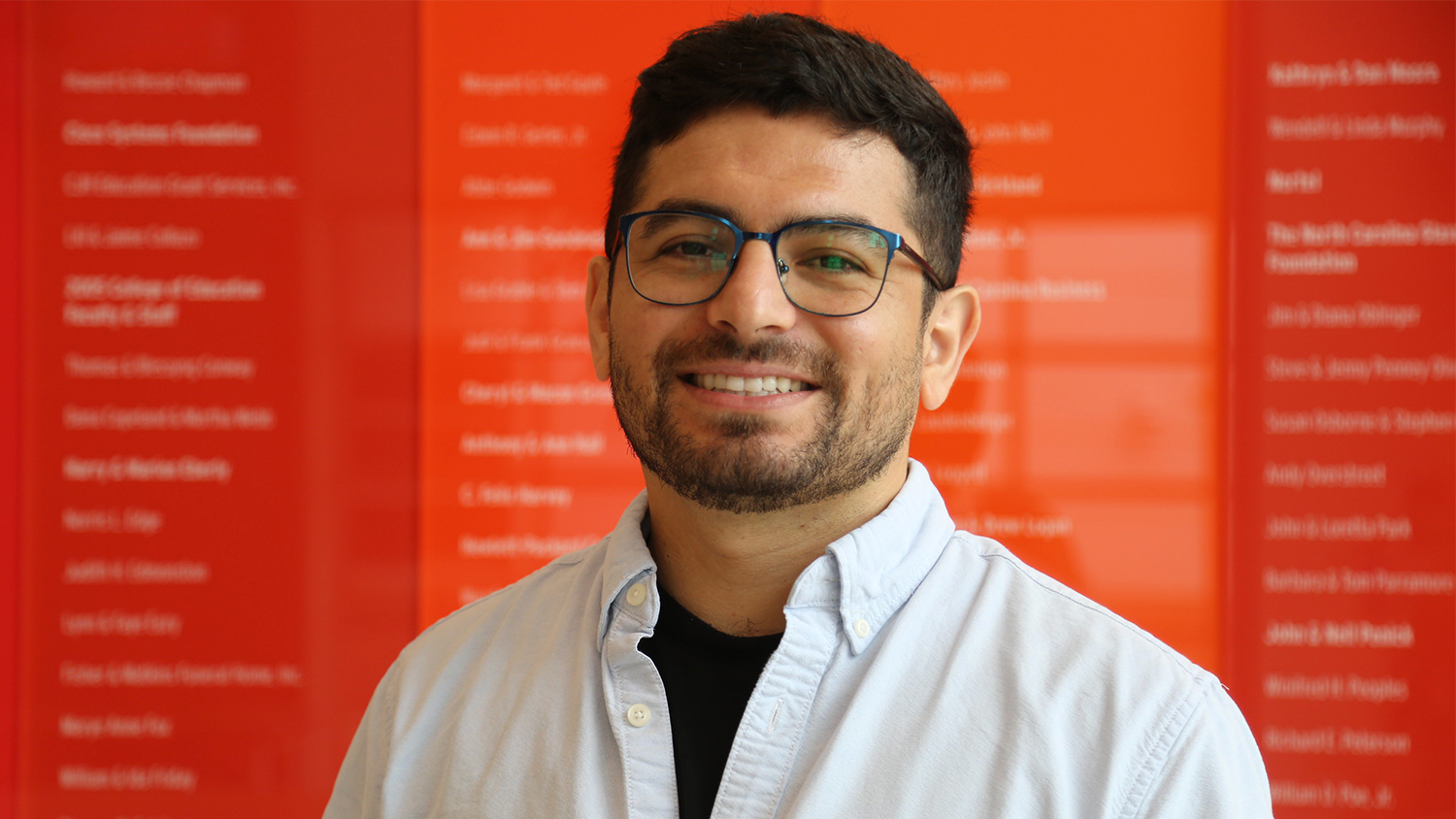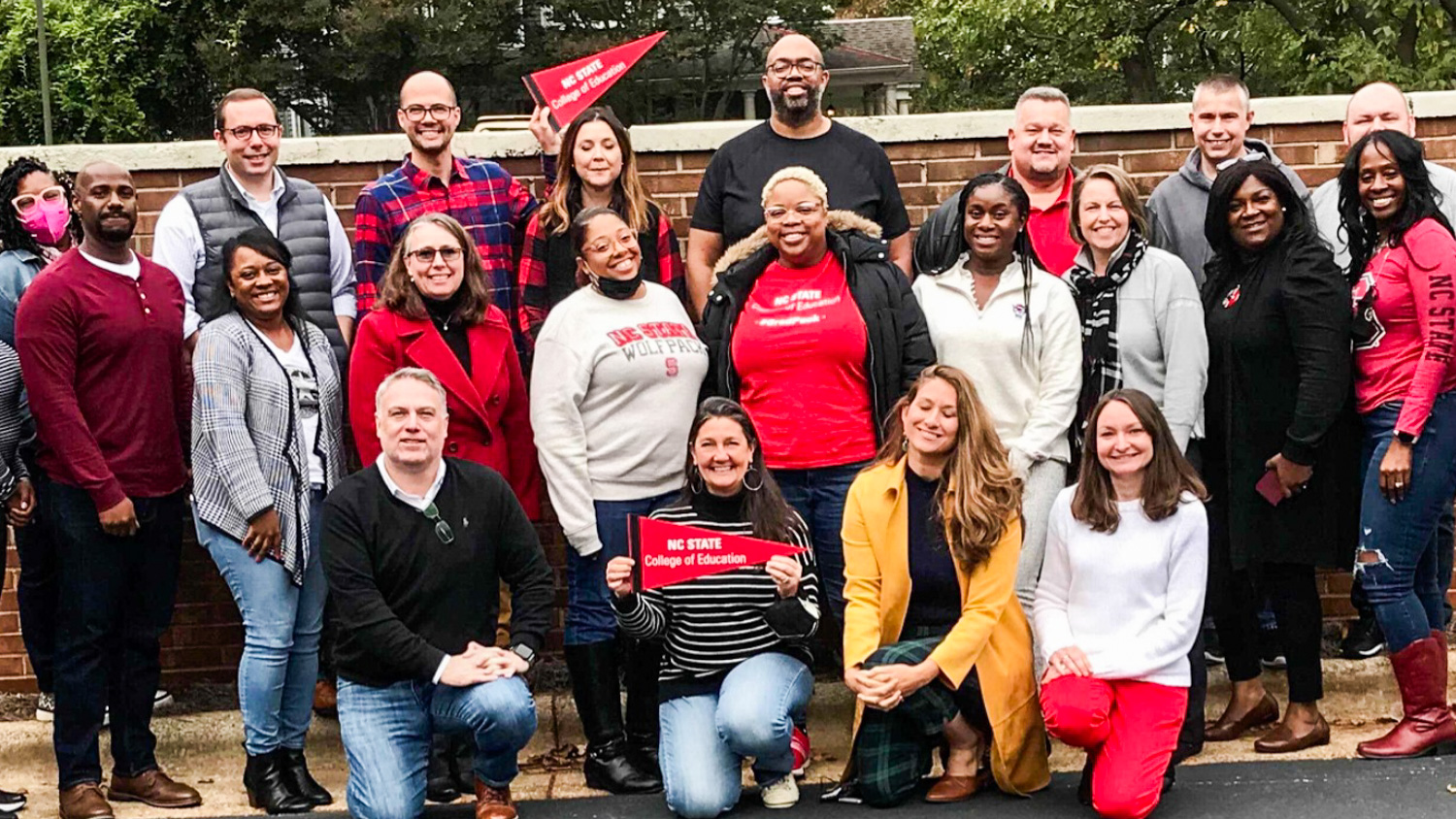Adria Shipp Dunbar on the Role of Technology in Counselor Education


Thanks to donors, the NC State College of Education has established a Dean’s Innovation Fund to support faculty innovations. This year, three faculty members have received funding to support some of their projects:
- Dennis Davis, an associate professor literacy education, is establishing an off-campus Literacy Space.
- Margaret Blanchard, associate professor of science education, is writing a book on increasing accessibility and impact of STEM Career Club activities/materials.
- Adria Shipp Dunbar, an assistant professor of counselor education, is expanding Apprentice software for use in professional training beyond counselor education.
We’ll talk to each of the faculty members in the coming months. In this Q&A, Dunbar talks about the role of technology in counselor education.
How did you get interested in counselor education, and why did you choose the field?
I think the inspiration for becoming a counselor educator started in my master’s program. I had an amazing professor, Dr. Mary Deck. She was so centered and grounded, but passionate and wise. I wanted to see all those traits in myself and to be to students what she was to me.
Counselor Education allows me to combine my passions for teaching, counseling, and research. It’s an amazing privilege to be in the position to train future school, clinical mental health, and college counselors.
Your research focuses on understanding technology’s role in counseling and counselor education. What drew you to this research?
I actually have a photo of me at my preschool when I was 4 years old, in front of a new computer they had brought into our preschool. I think those early experiences made a big impact in my life. Throughout my career, I’ve seen the advantages of utilizing technology to free me from focusing on logistics and focusing on what really matters, things like student learning, my own research, and advocating for the counseling profession.
As of four years ago, I began the adventure of developing software. A long-time friend and colleague and I were tired of piecing together many different software programs in order to supervise students in their field experiences. When we couldn’t find anything on the market that met our needs as counselor educators, we created Apprentice, a mobile solution for supervising practicum and internship students. It’s a HIPAA and FERPA secure app that lets students log their hours at their sites, track individual goals during their internships, and record sessions from their own devices. We are hoping to eventually expand our users beyond counselor education to any program that has students in field experiences.
What is the role of technology in counseling and counselor education?
That’s such a tough question to answer because technology can show up in so many ways for counselors and counselor educators. For example, when I was a school counselor, some common themes were communication with parents, knowledge sharing with other counselors, managing student data, cyberbullying, online social media, or even just digital literacy.
As a private practice counselor, I worked with a lot of clients who brought their use of technology into our sessions. For example, a mom who was using a mobile app to communicate with her ex-husband about decisions related to their children or a young man for whom an online career counseling assessment helped him set professional goals. As a counselor educator, I use a lot of productivity software. Some of my favorites include Basecamp for project management, Academic Ladder for online writing groups, Yet Another Mail Merge for admissions, Boomerang for Gmail, and, of course, Apprentice for Counseling Supervision. That’s the software I created with a colleague to improve students’ practicum and internship experiences.
- Categories:


